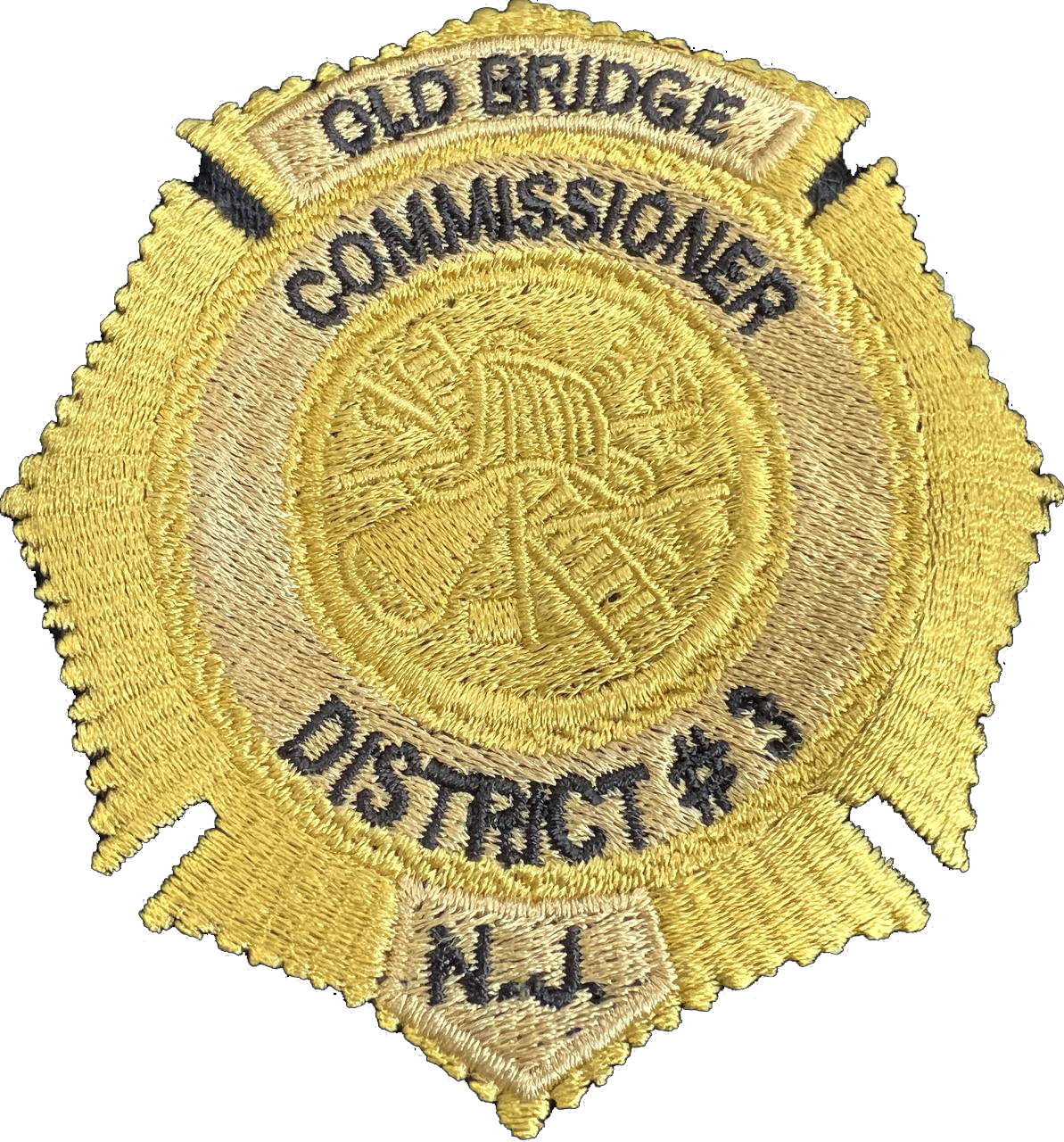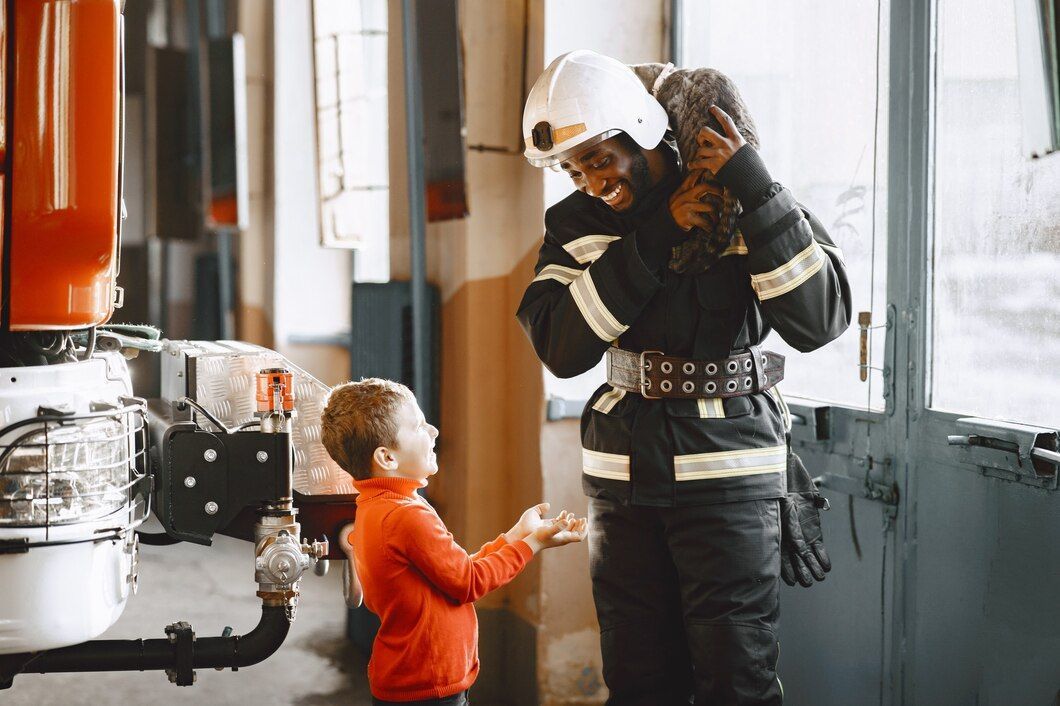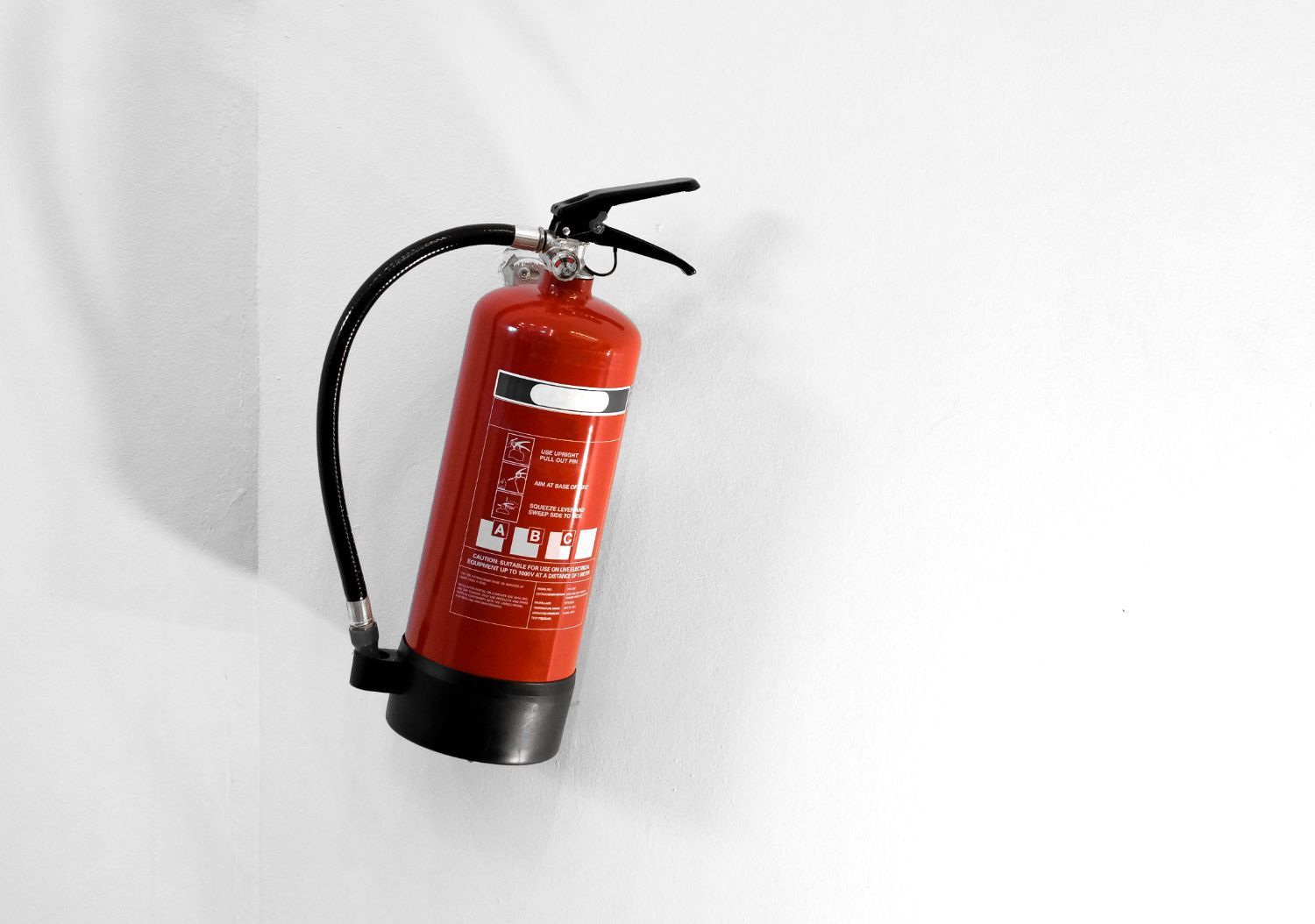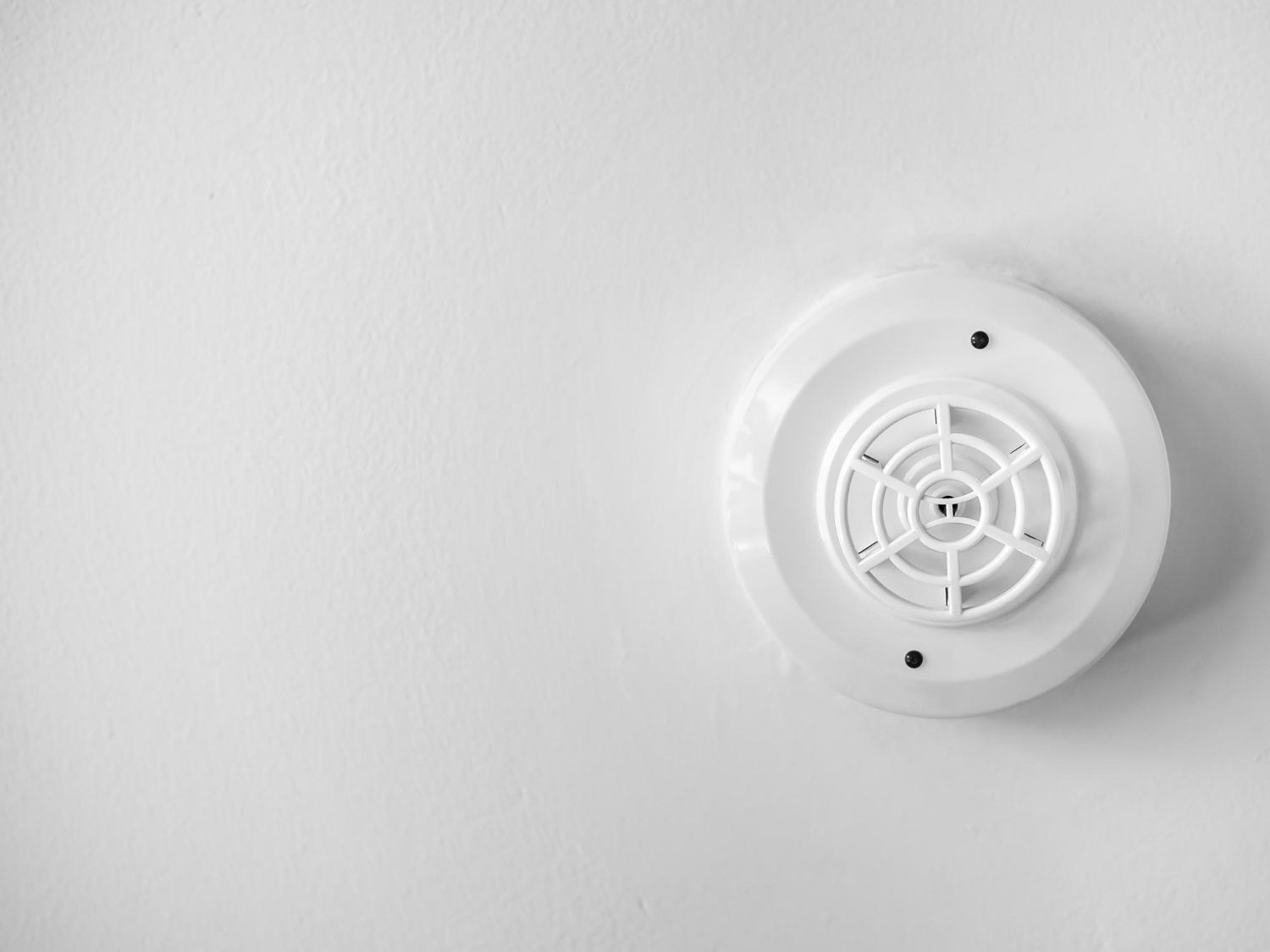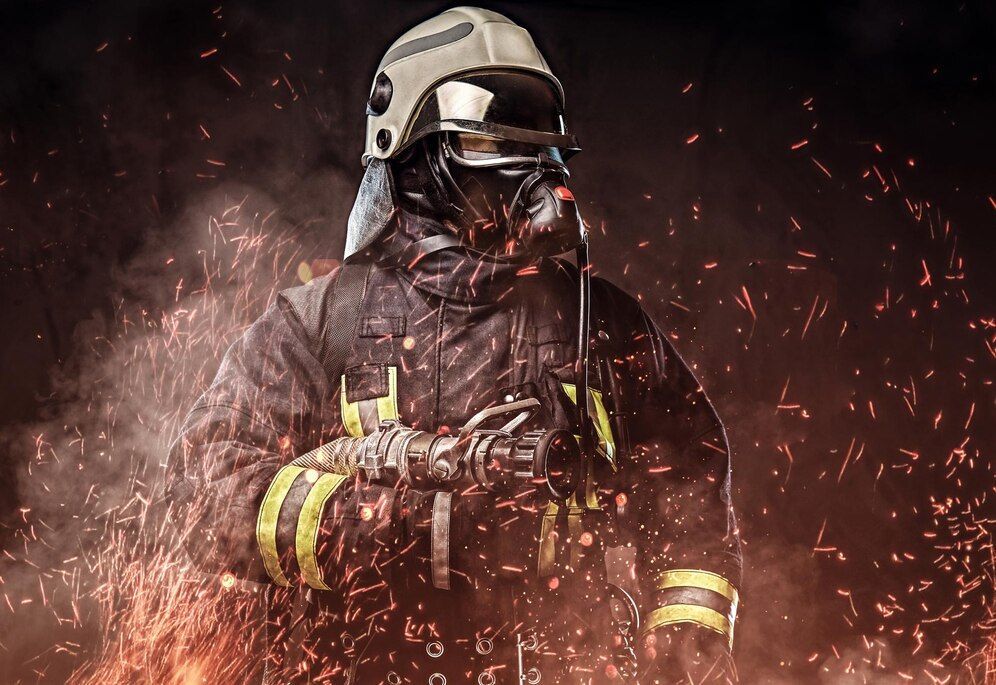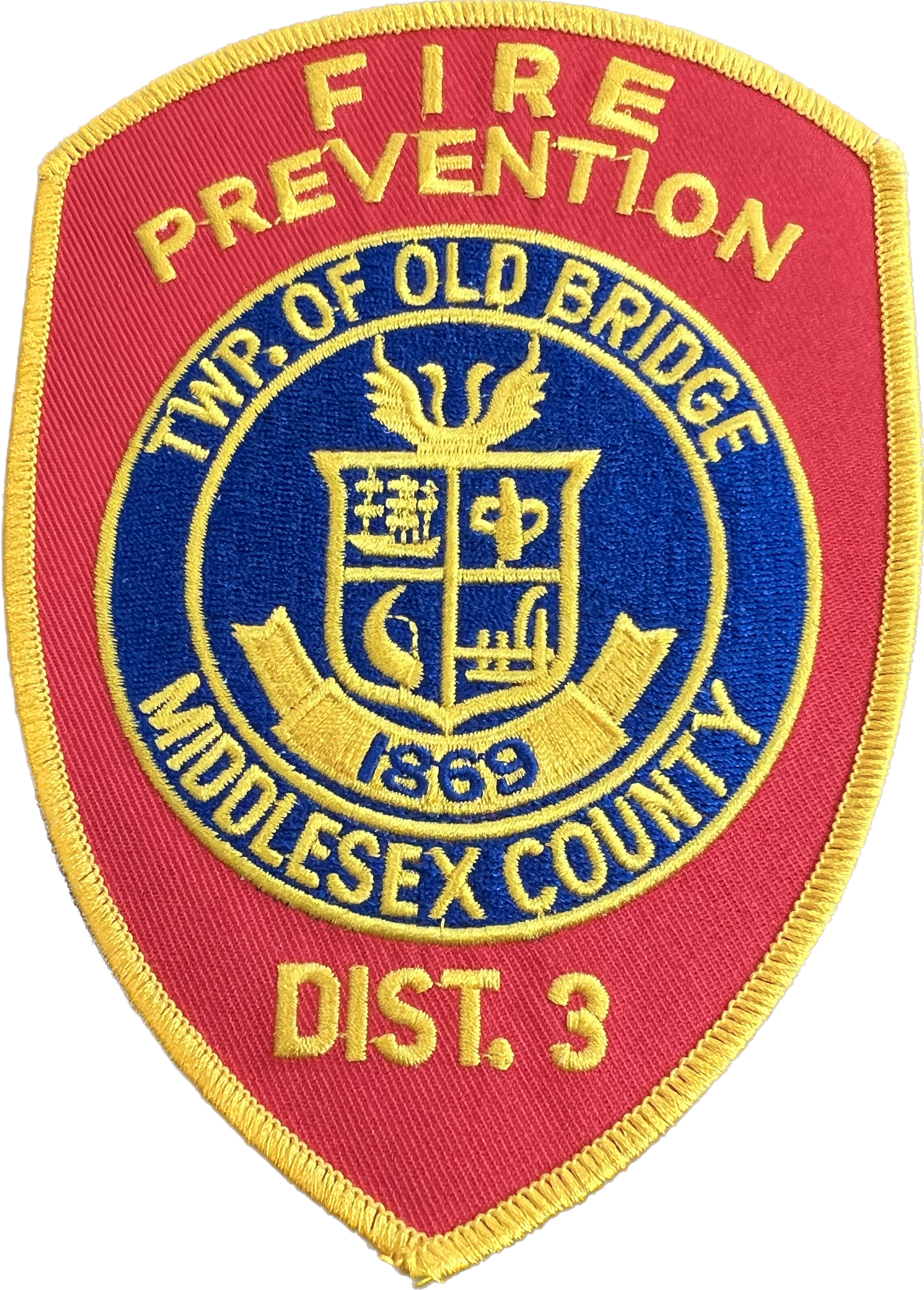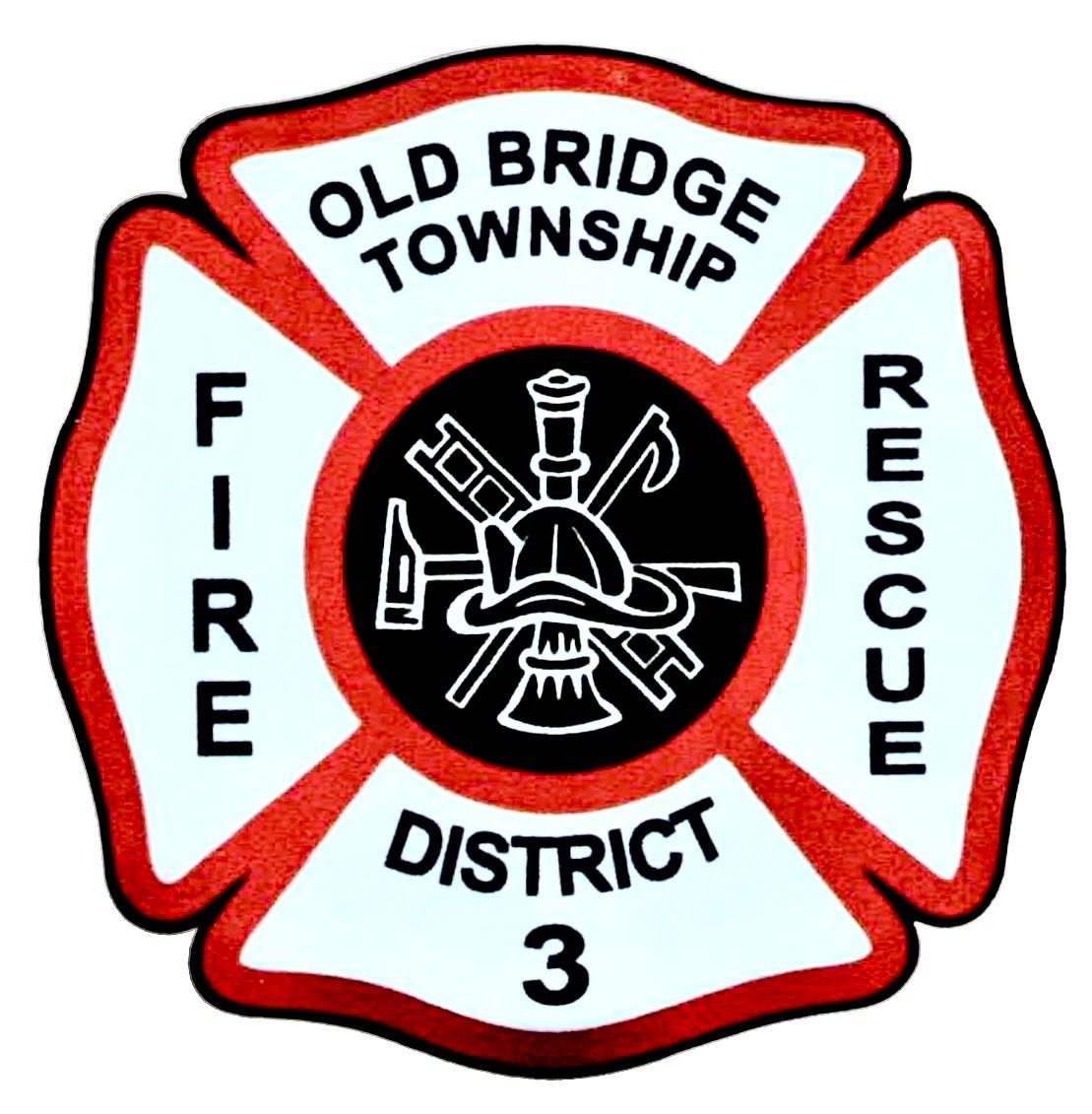Fire Code Enforcement: Safeguarding Communities and Ensuring Compliance
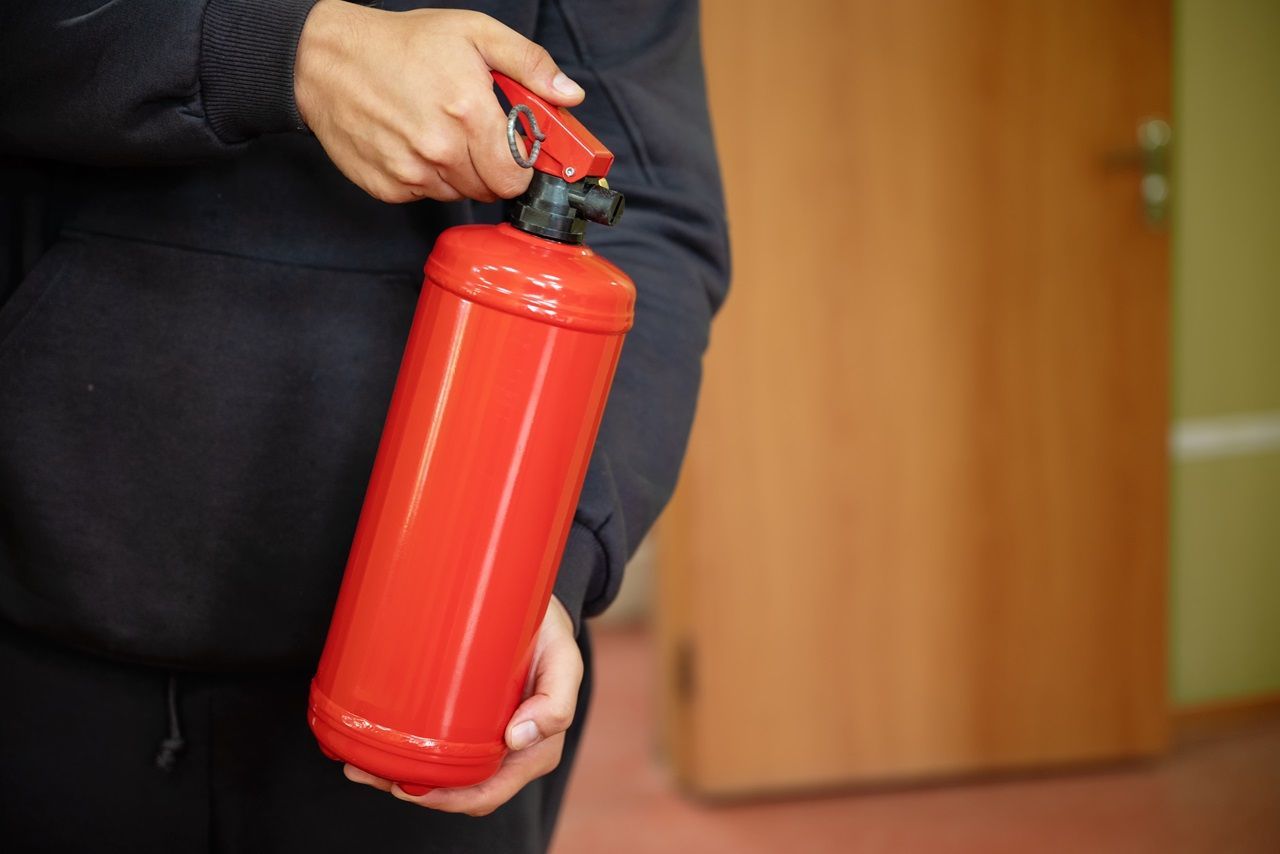
Fire code enforcement is a critical aspect of community safety, as it ensures adherence to established safety standards and guidelines that protect people, property, and the environment.
Effective fire code enforcement can not only prevent devastating fires and minimize potential damage, but also foster a culture of preparedness and vigilance. As part of our ongoing commitment to educating and protecting our community, OBFD3 is dedicated to promoting fire code compliance and ensuring that everyone understands its value and necessity.
In this blog post, we will discuss the role of fire code enforcement in maintaining and promoting community safety. We will delve into the various aspects of fire code enforcement, such as inspections, permitting, plan reviews, and public education, and explain how each of these components contributes to the overall safety of our district. By understanding the importance of fire code enforcement and how it is achieved, we can work together as a community to ensure a safer and more secure environment for everyone.
At Board of Fire Commissioners, Fire District 3, Township of Old Bridge, we understand that fire code enforcement is more than merely ticking boxes and following regulations. It is about developing a proactive approach to fire safety and fostering a sense of shared responsibility. This mindset empowers individuals, businesses, and organizations to take an active role in preventing fires and ensuring the safety of all citizens. Through ongoing collaboration, communication, and education, we can make a real difference in the lives of those who call our district home, and together, create a safer, more resilient community for all.
The Role of Fire Code Enforcement in Protecting Our Community
Fire Code Inspections: Ensuring Compliant Properties
One of the primary functions of fire code enforcement is to conduct routine inspections of residential, commercial, and industrial properties. These inspections are vital for several reasons:
1. Identifying and rectifying potential hazards: Inspectors assess the property for fire hazards and deficiencies in fire protection systems, then provide guidance on how to remedy these issues.
2. Ensuring compliance with local and national codes: Inspections verify that the property owner adheres to established fire safety regulations and guidelines.
3. Educating property owners and occupants: Inspectors educate occupants about fire safety practices and share best practices for maintaining a safe property.
Permitting and Plan Reviews: Promoting Fire-Safe Construction
Fire code enforcement also oversees the permitting and plan review process for new construction and renovation projects. This process includes:
1. Reviewing architectural plans: Fire code officials ensure that proposed construction projects meet fire safety requirements, including proper egress, fire protection system designs, and appropriate construction materials.
2. Issuing permits: Upon approval of plans, officials issue permits for construction projects that comply with fire safety regulations.
3. Conducting progress inspections: Inspectors perform on-site reviews during construction to ensure fire safety measures are being implemented and maintained.
Public Education: Fostering a Culture of Fire Safety
Public education plays a crucial role in fire code enforcement, as an informed and engaged community is better equipped to uphold fire safety practices. Efforts to educate the public include:
1. Workshops and presentations: We offer fire safety workshops and presentations to various groups within the community, ranging from schools to businesses.
2. Online resources: We provide up-to-date information on fire safety practices and regulations through our website and social media channels.
3. Community events: We participate in community events to increase awareness about fire safety and fire code enforcement services.
Collaboration with First Responders: Enhancing Fire Safety Throughout the Community
Fire code enforcement works closely with first responders to ensure comprehensive knowledge and coordination in emergency situations. This collaboration helps enhance fire safety by:
1. Sharing vital information: Fire code officials maintain up-to-date records of properties' fire protection systems, facilitating faster and more efficient responses to emergencies.
2. Identifying trends through incident analysis: By tracking and assessing fire incidents, code enforcement officials can identify patterns and prioritize interventions to address recurring issues.
3. Training and education: First responders receive ongoing training in fire prevention and code enforcement practices to be better equipped to assist the community during emergencies.
Final Thoughts
Fire code enforcement is an essential component in protecting our community, ensuring that properties are safe and compliant with established safety standards, regulations, and guidelines.
Through routine inspections, permitting and plan review processes, public education efforts, and collaboration with first responders, we work together to create a safer environment for all. By understanding the importance of fire code enforcement and appreciating the efforts taken to maintain our community's safety, we can foster a sense of shared responsibility for fire prevention and protection.
At the Board of Fire Commissioners, Fire District 3, Township of Old Bridge, we are committed to working together with our community members, property owners, and first responders to ensure a secure and fire-safe environment for all. By collaborating and actively participating in fire safety awareness, we can build a more resilient community, prepared for and protected against the devastating effects of fire emergencies.
Reach out to the
Board of Fire Commissioners, Fire District 3, Township of Old Bridge today to learn more about fire safety and our fire code enforcement efforts, and together, let's create a safer future for our entire community.
